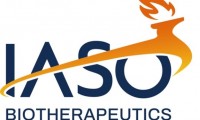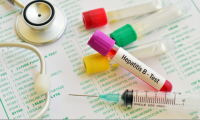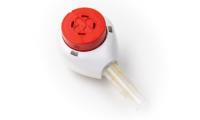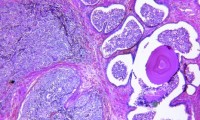-
YolTech Therapeutics to Participate in 2024 Cell & Gene Meeting on the Mediterranean
- Source: drugdu
- 88
- April 4, 2024
-
A step towards global harmonisation of GMP inspection protocols
- Source: drugdu
- 95
- April 3, 2024
-
IASO Bio Announces NMPA’s IND Approval for Equecabtagene Autoleucel in Second- and Third-Line Treatment of Multiple Myeloma
- Source: drugdu
- 86
- April 3, 2024
-
FDA Hands Expanded Indication to Gilead’s Vemlidy for Chronic HBV Infection in Pediatric Patients
- Source: drugdu
- 86
- April 2, 2024
-
Innovative Blood Collection Device Overcomes Common Obstacles Related to Phlebotomy
- Source: drugdu
- 88
- April 2, 2024
-
Roche wins FDA approval for first molecular malaria blood donor screening test
- Source: drugdu
- 134
- April 1, 2024
-
Strand Therapeutics develops new class of mRNA molecules for cancer
- Source: drugdu
- 77
- April 1, 2024
-
BioDuro-Sundia’s Partner, DigmBio Announced IND Clearance from Korea MFDS for its Selective PARP1 Inhibitor DM5167
- Source: drugdu
- 77
- April 1, 2024
-
Researchers discover a safer and more efficient technique for testing new drugs
- Source: drugdu
- 140
- March 30, 2024
your submission has already been received.
OK
Subscribe
Please enter a valid Email address!
Submit
The most relevant industry news & insight will be sent to you every two weeks.













